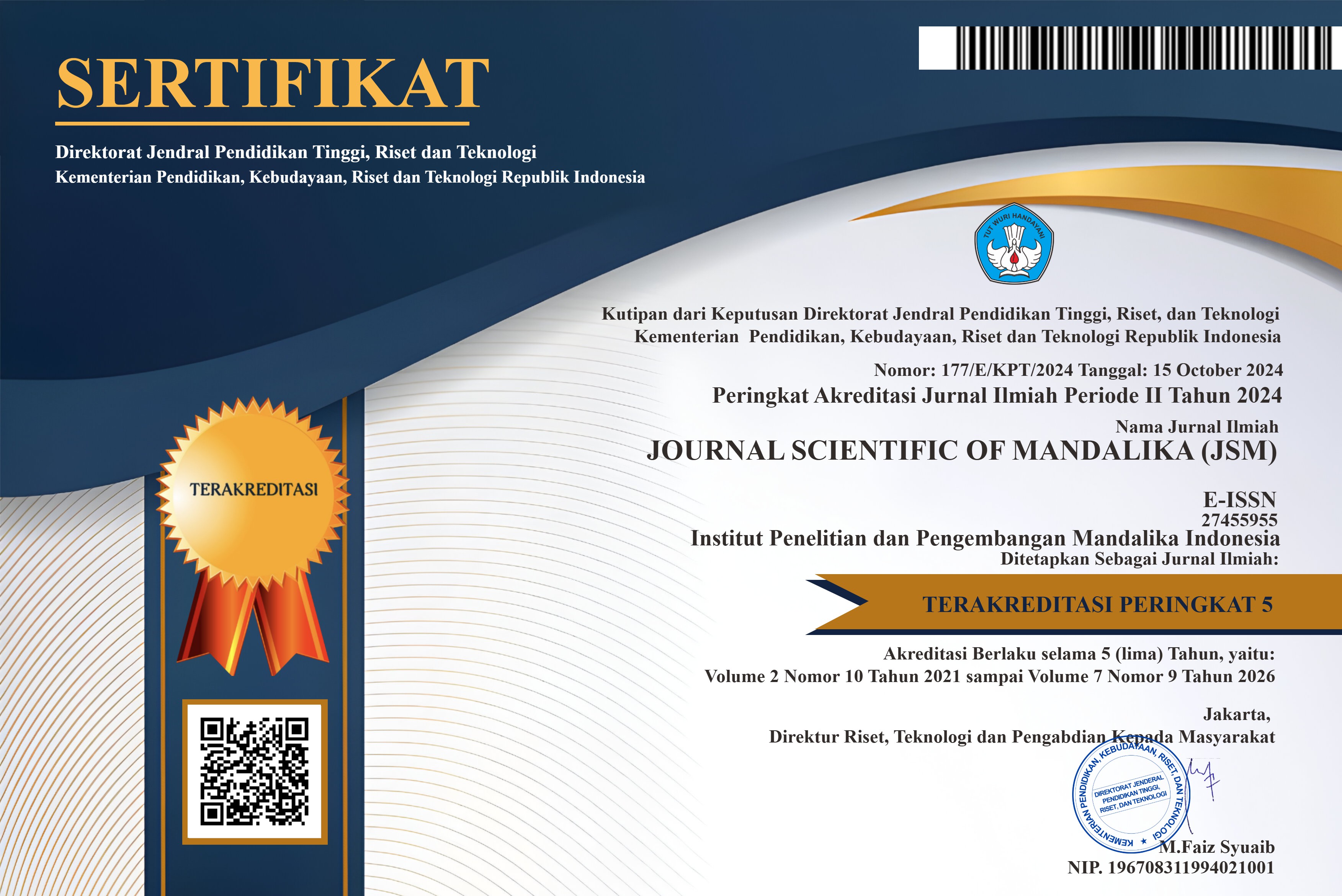Nyuuksemaang: Konsep Rasa Syukur dalam Interpretasi Bahasa Bali
Abstract
Indonesia is a multicultural society with diverse religions, cultures, and traditions, largely rooted in its history as an international trade route that introduced new religions and cultures to coastal regions. In Bali, interfaith tolerance represents an effort to maintain harmony amidst differences, supported by gratitude as an acknowledgment of blessings and harmony granted by God. Gratitude, as a form of submission to God and using His blessings in accordance with His will, becomes an essential value for Muslims in Bali to address these social challenges. This study focuses on the concept of gratitude in the Balinese translation of the Qur'an by the Ministry of Religious Affairs to explore the understanding of gratitude within the Balinese cultural context, which is expected to strengthen interfaith tolerance. This research employs a qualitative method to facilitate a comprehensive understanding of themes and concepts, requiring data analysis in line with qualitative methodology principles. The method applied is library research, utilizing data sources from the Qur'an Balinese Translation printed by the Ministry of Religious Affairs of Indonesia. The study adopts a thematic interpretation method to collect verses related to gratitude. The results reveal that gratitude in the Balinese translation of the Qur'an includes various terms, each reflecting different nuances and contexts of gratitude, such as nyuksemaang, masuksema, ngastungkara, kesuksmaan, suksmaang, and pangastungkara, all of which signify acknowledgment of Allah’s blessings.
Copyright (c) 2025 Muhamad Vicko Adingga Rahman, Ahmad Nurrohim, Yeti Dahliana, Alfiatul Azizah

This work is licensed under a Creative Commons Attribution-ShareAlike 4.0 International License.















